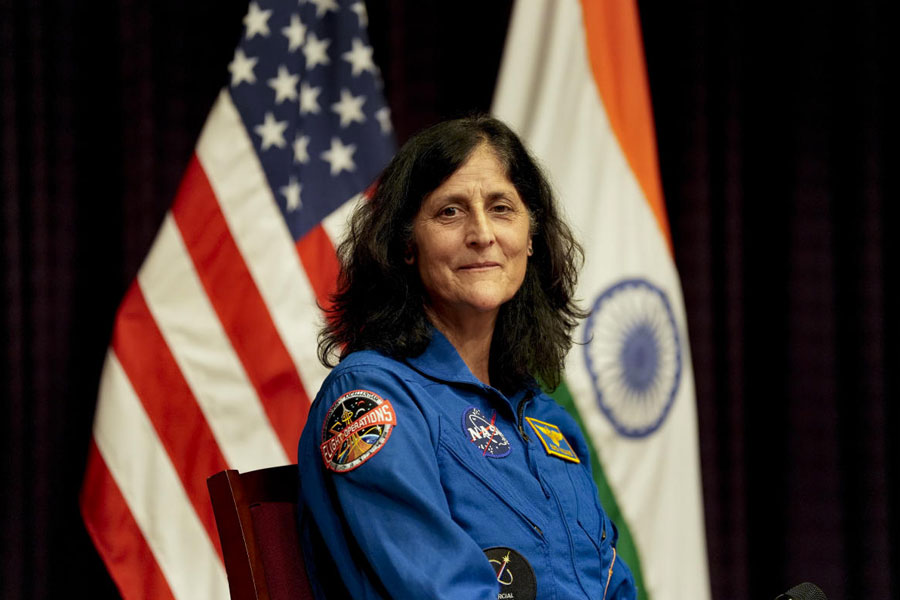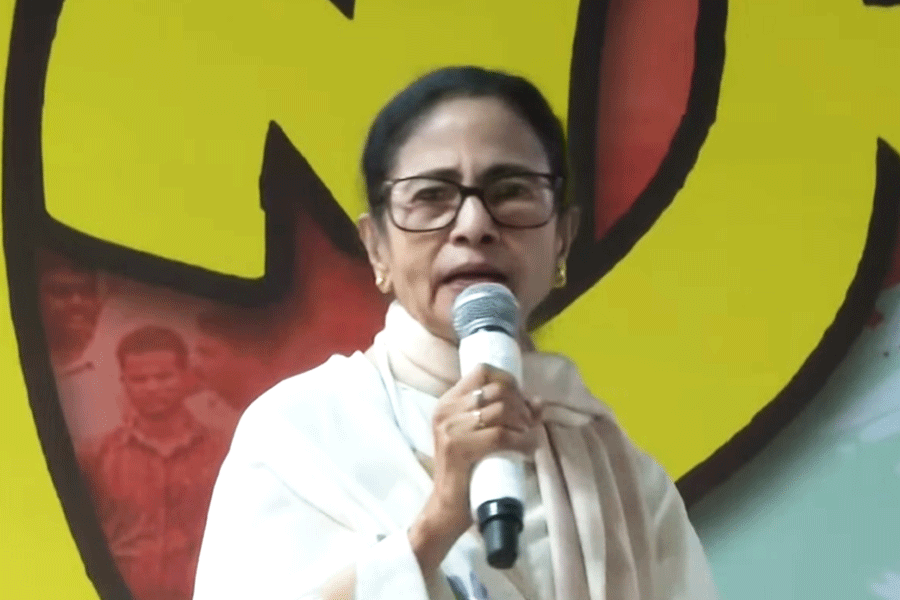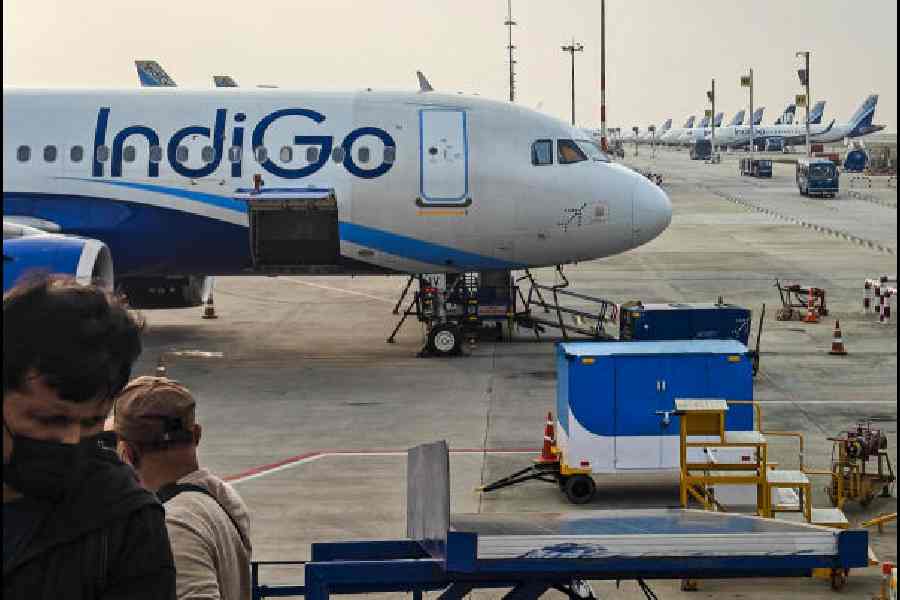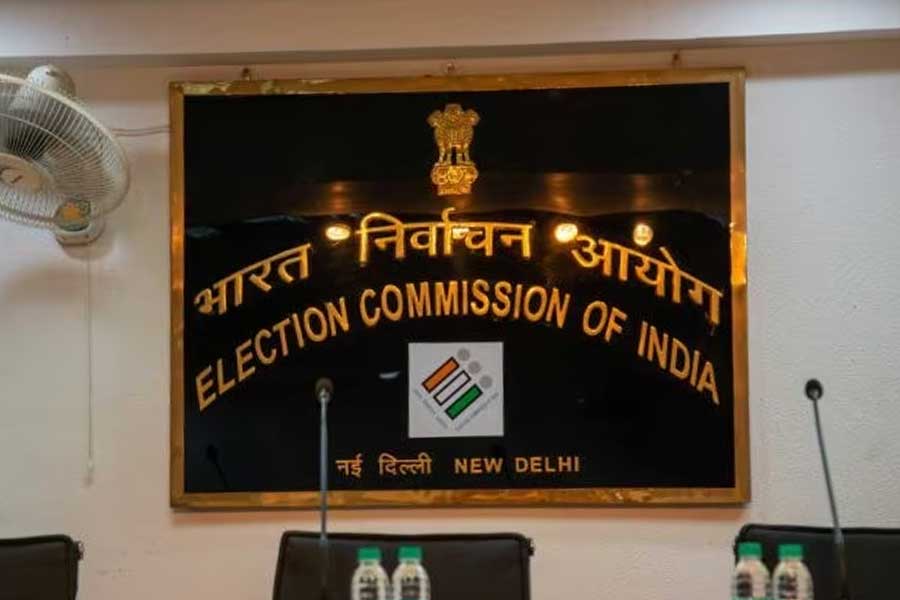
New Delhi, Feb. 15: India's space agency today used a single rocket to ferry a record flock of 104 satellites into the Earth's orbit in a landmark flight that its officials said underscored the country's capacity for taking on challenging space missions that also yield commercial gains.
The Indian Space Research Organisation's workhorse Polar Satellite Launch Vehicle (PSLV) carried a 714kg Indian satellite for earth observations, two 8kg Isro satellites and 101 nano-satellites, all of them smaller than a microwave oven, for customers in the US, Israel and Switzerland, among other countries.
The 101 co-passengers included a constellation of 96 US satellites for Earth imaging, vessel tracking and weather studies, an Israeli "technology demonstrator" nano-satellite, a Swiss satellite for pharma experiments in microgravity and a nano-satellite each from Kazakhstan, the Netherlands and the United Arab Emirates.
"We're no less than cricketers, we're also making centuries," Mylswamy Annadurai, the director of Isro's satellite centre, said after the launch from India's spaceport on Sriharikota island on the Bay of Bengal coast.
Isro's satellite centre in Bangalore, Annadurai said, has over the decades built 97 satellites and is now preparing to roll out three more that will allow the space agency to celebrate another century.
Space officials said the record number of satellites today posed a special challenge. Isro engineers had to "find real estate to accommodate the satellites in the rocket's payload compartment", said B. Jaikumar, the project director for the mission that marked the 39th flight of a PSLV rocket.
Mission engineers also had to design a "unique separation sequence" during the second half of the 1,723-second flight to ensure the satellites were injected into their intended orbits with high precision. "The separation functioned very well today," Jaikumar said.
The injection-into-orbit sequence - carried out at altitudes between 510km and 524km when the rocket was zipping at over 7km per second - demanded high precision because even minor errors could have translated into failure to achieve intended orbits or even collisions.
Isro's commercial arm, Antrix Corporation, has used the PSLV to launch nearly 180 satellites for customers from 23 countries, starting in 1999 when the rocket carried a satellite each from Germany and South Korea.
A PSLV flight last year had carried 20 satellites, its previous record. A Russian rocket had launched 37 satellites in 2014.
Prime Minister Narendra Modi congratulated Isro after the successful launch today, calling it a "remarkable feat".
The rocket blasted off its launch pad at 9.26 this morning, spewing flames as it climbed into the morning sky, and performed what Isro officials called a flawless flight.
Antrix and Isro officials have traditionally declined to precisely say how much the agency charges foreign customers for commercial launches. Isro chairman A.S. Kiran Kumar had said last week that the 101 foreign satellites would help the agency cover "roughly half of the cost" of the launch.










